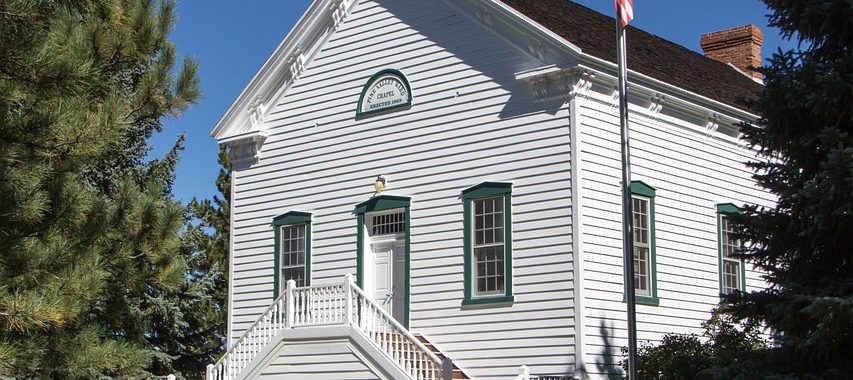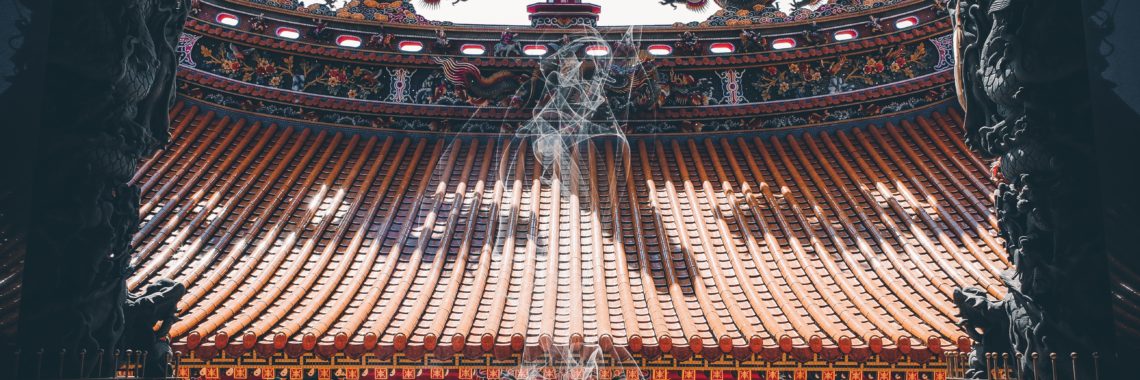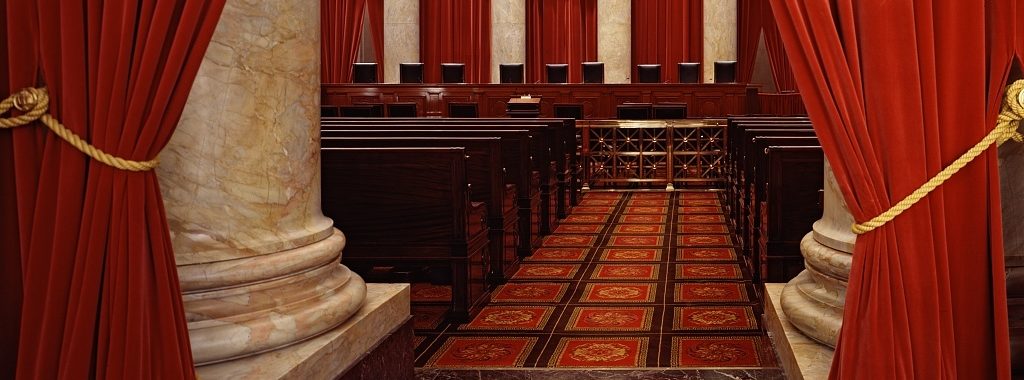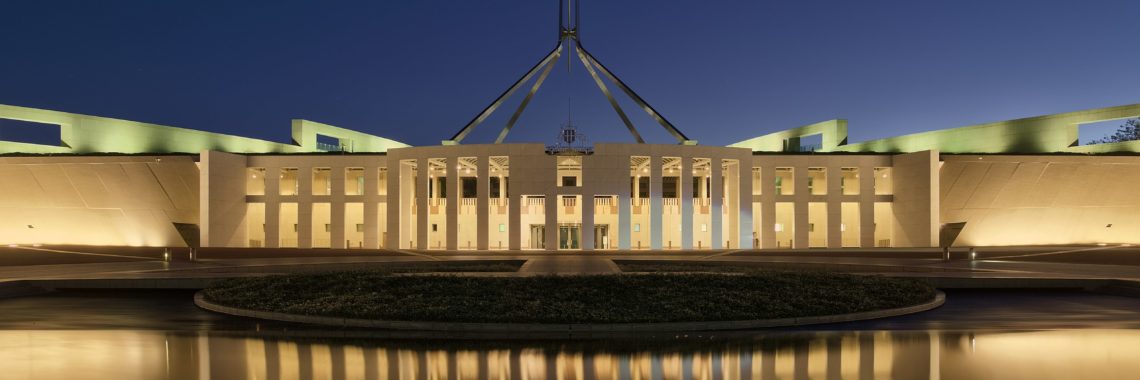“Dignity and Belonging in Family, Church, and State” by Rafael Domingo
This essay is adapted from Prof. Rafael Domingo’s address at the ICLARS (International Consortium for Law and Religion Studies) conference in Cordoba, Spain, on Sept. 19 2022. 1. Introduction Joseph E. David and John Witte, Jr. have both written books that deserve particular attention because of these two scholars’ massive contribution to the field of…











